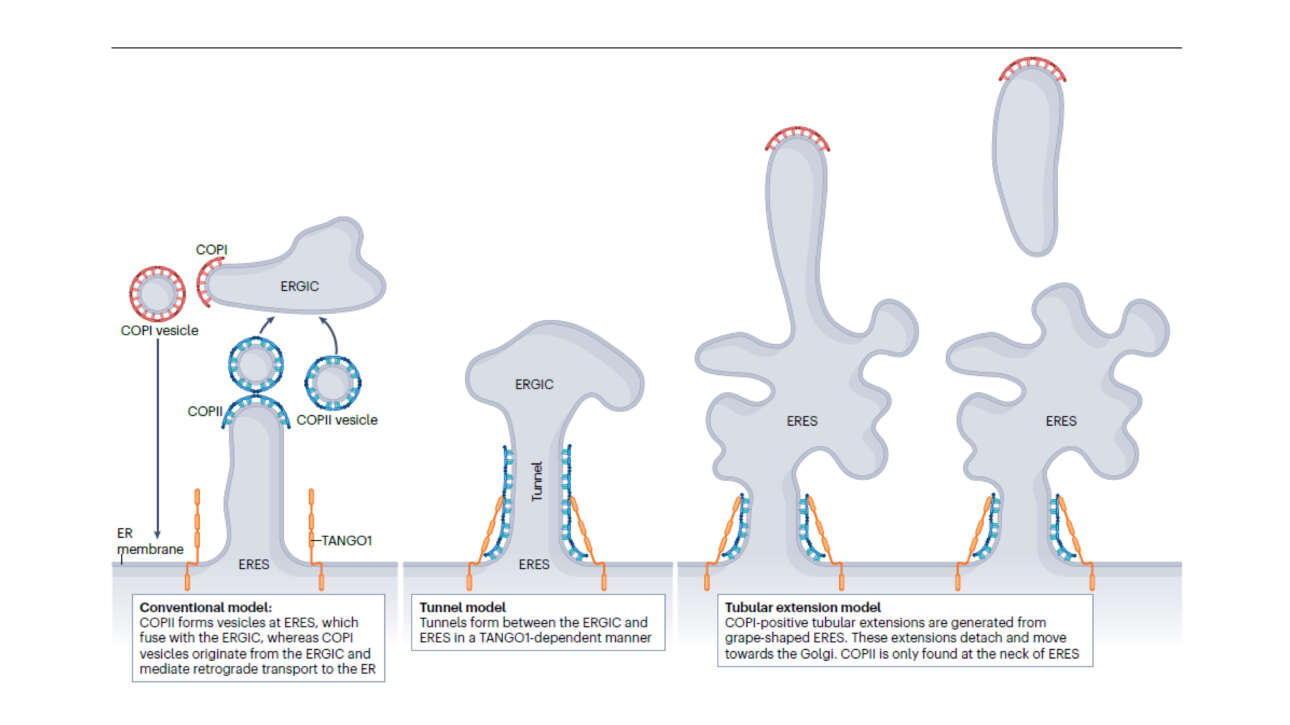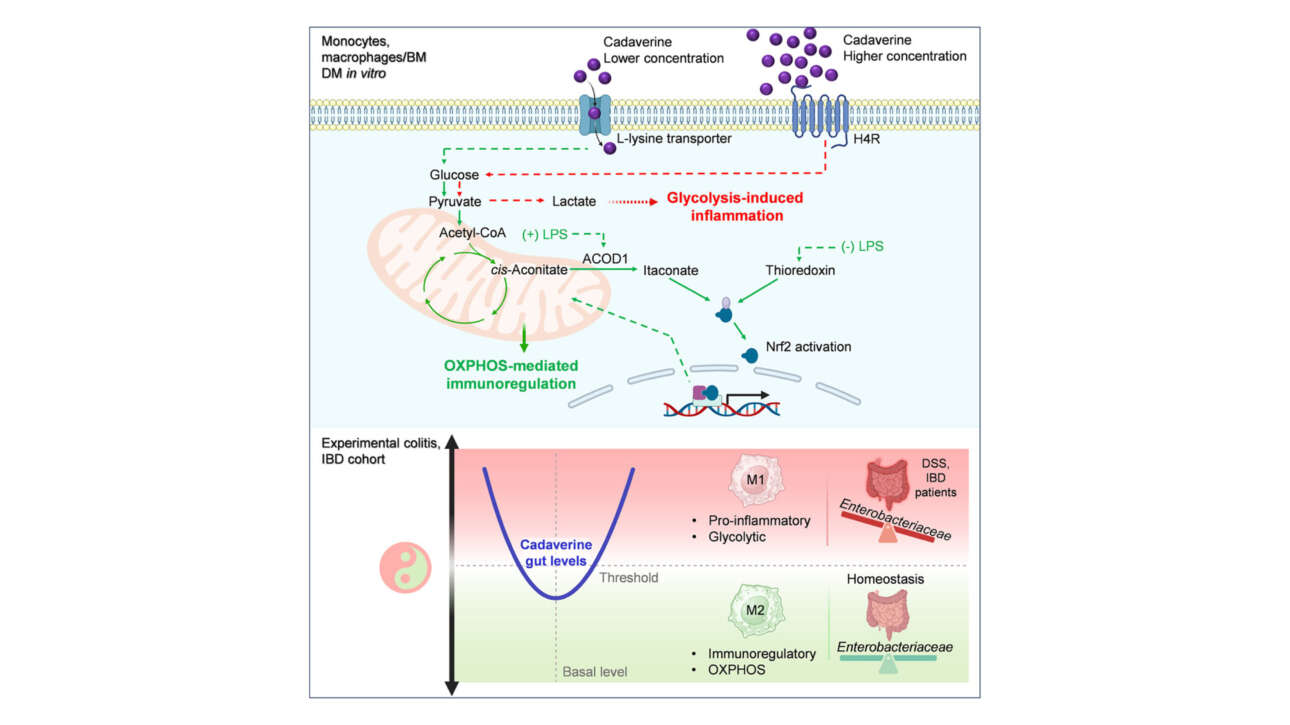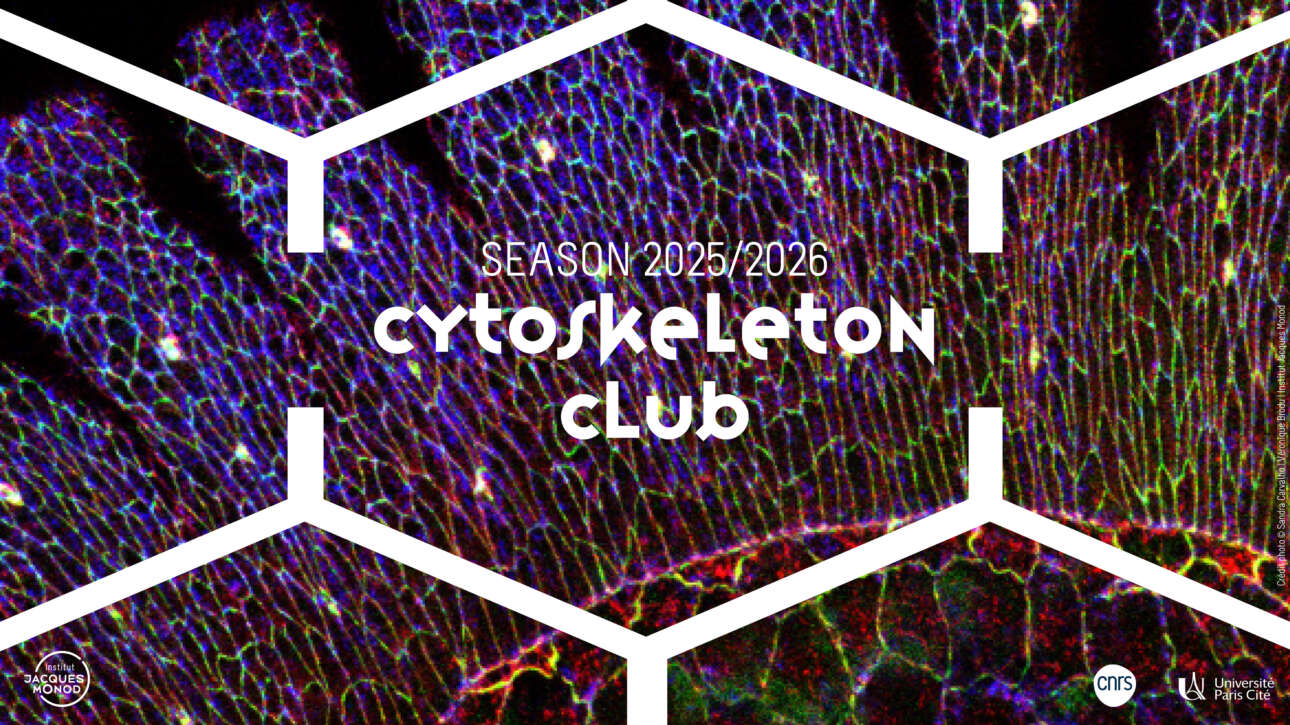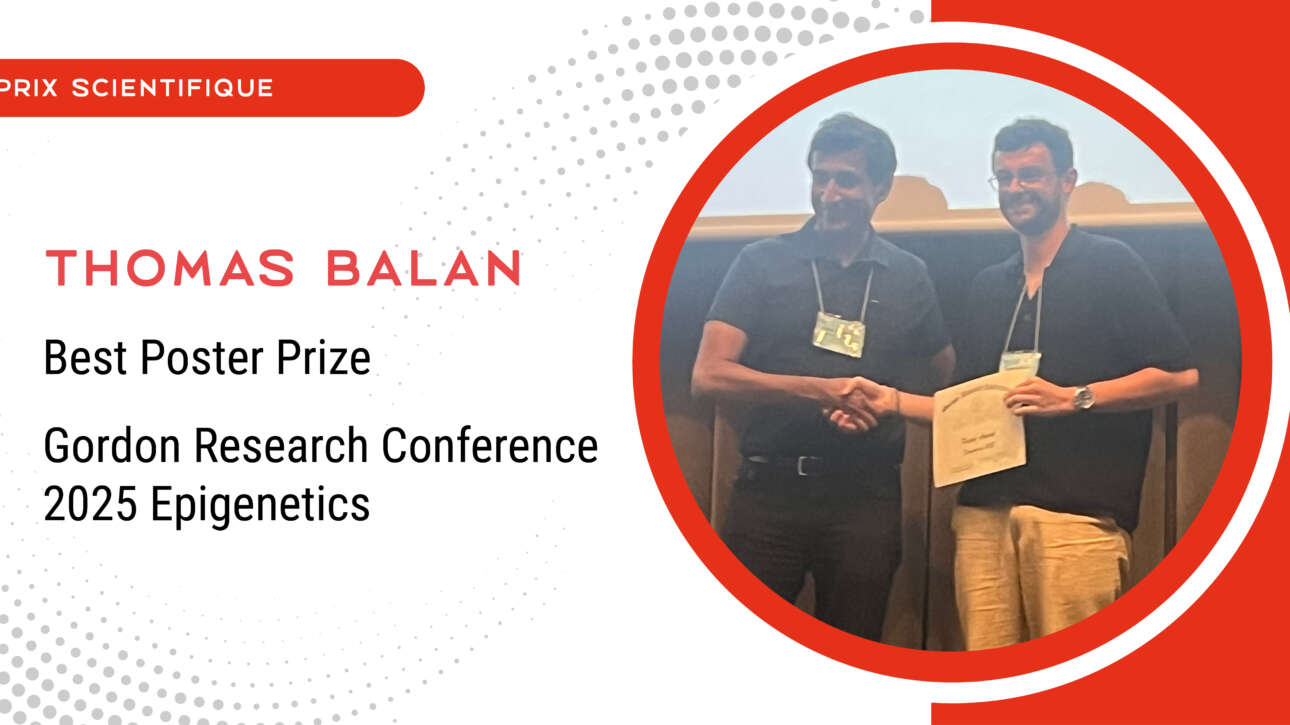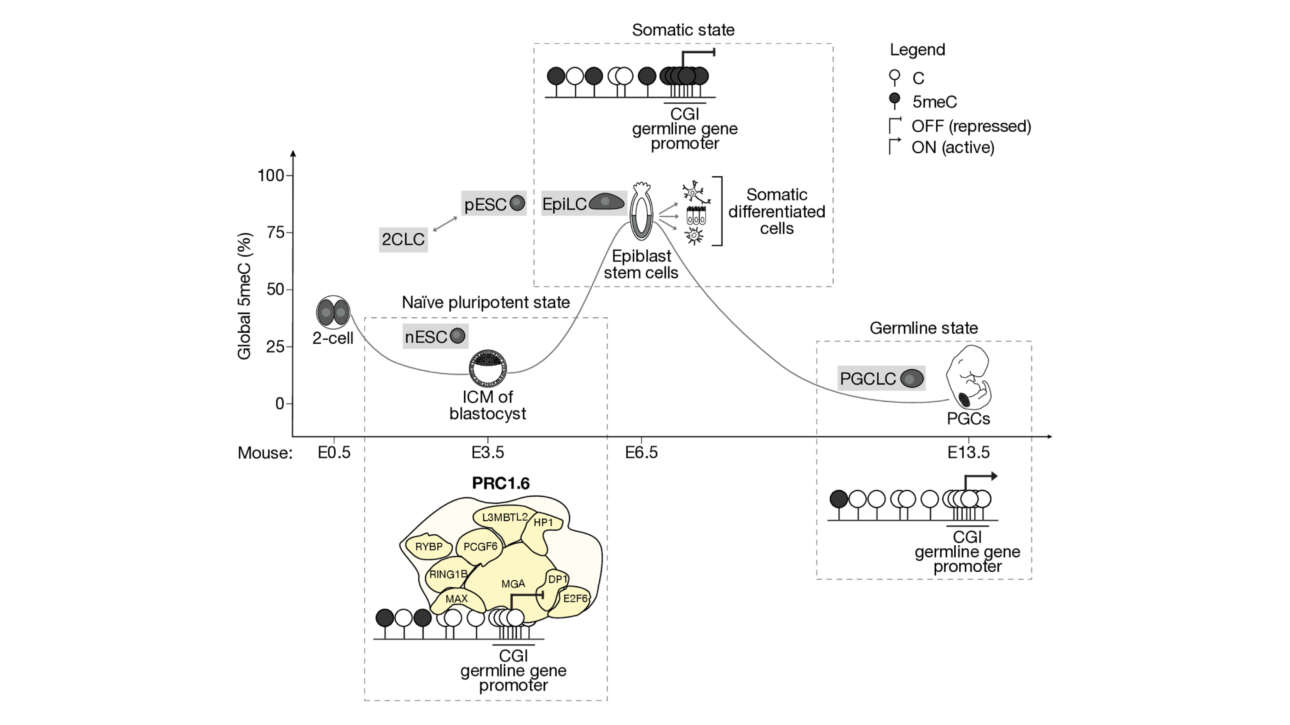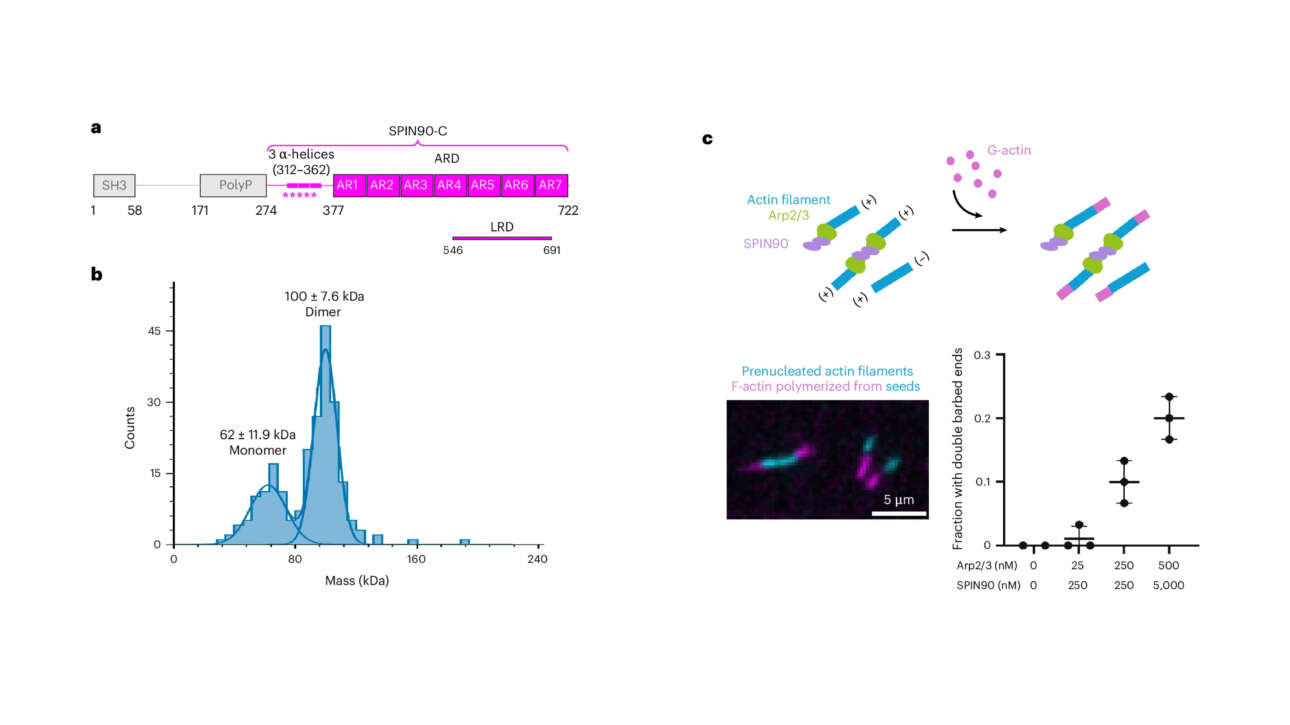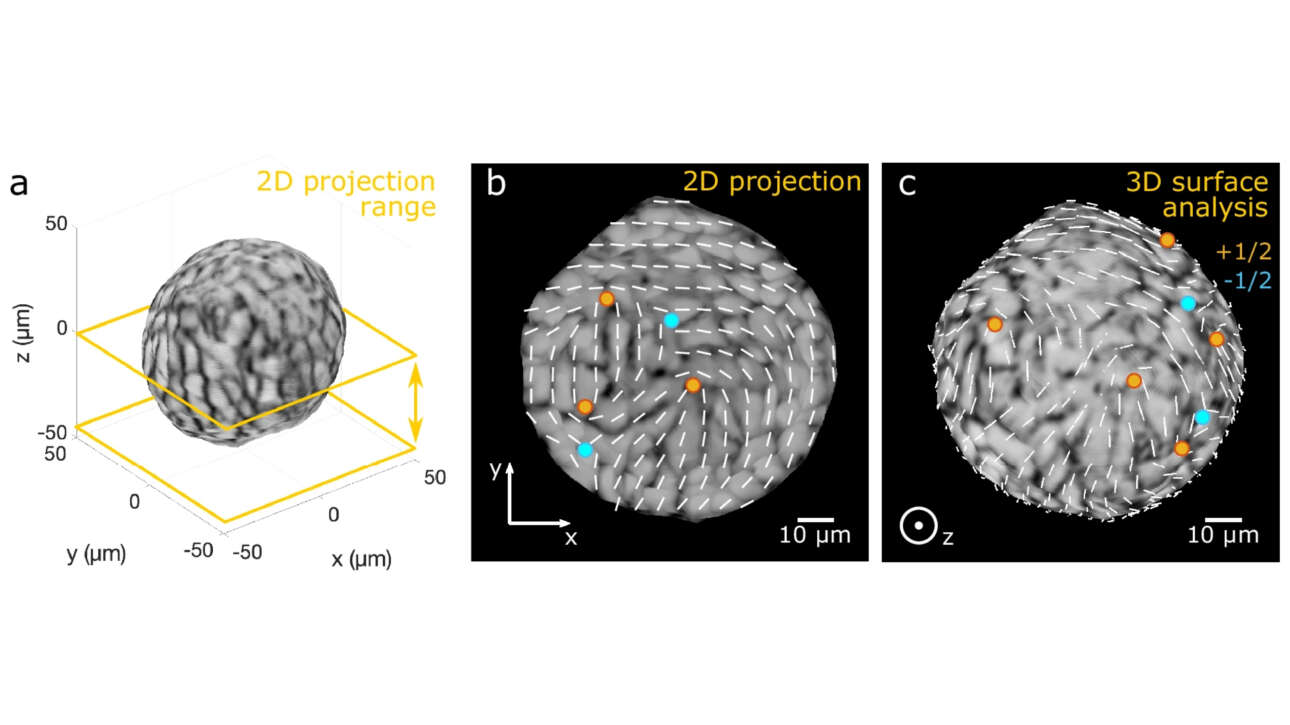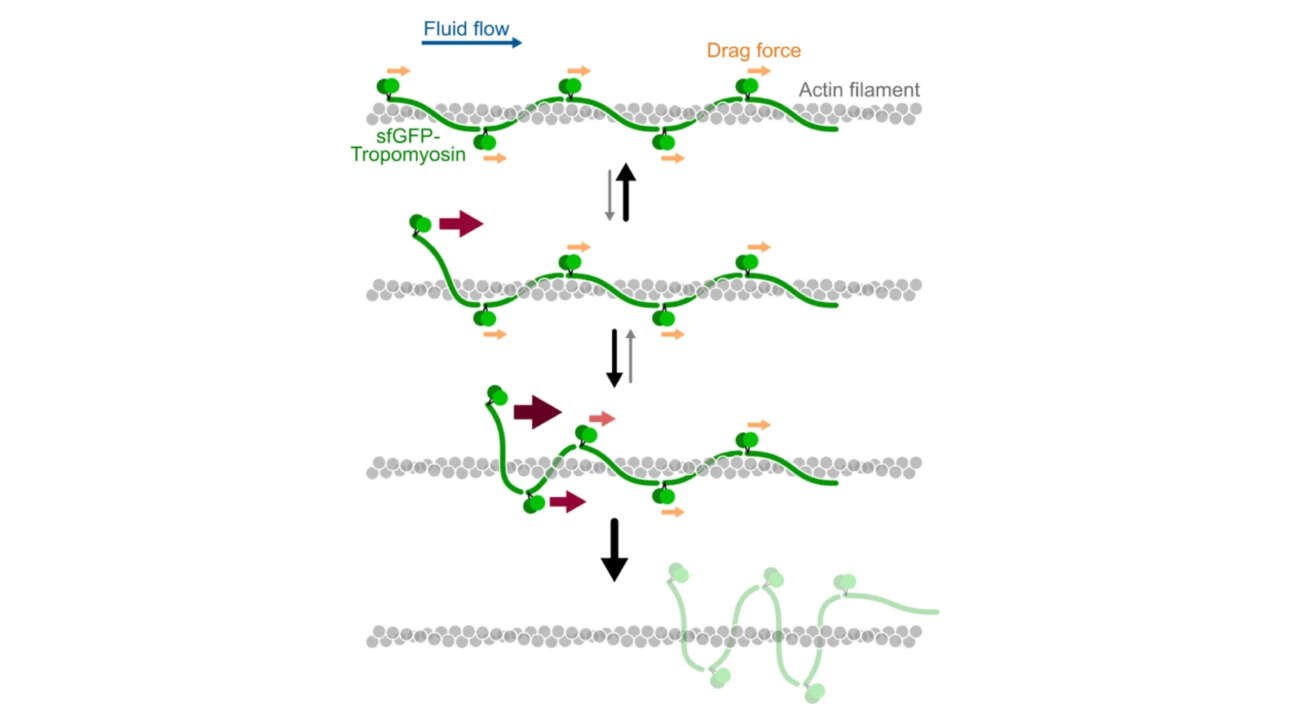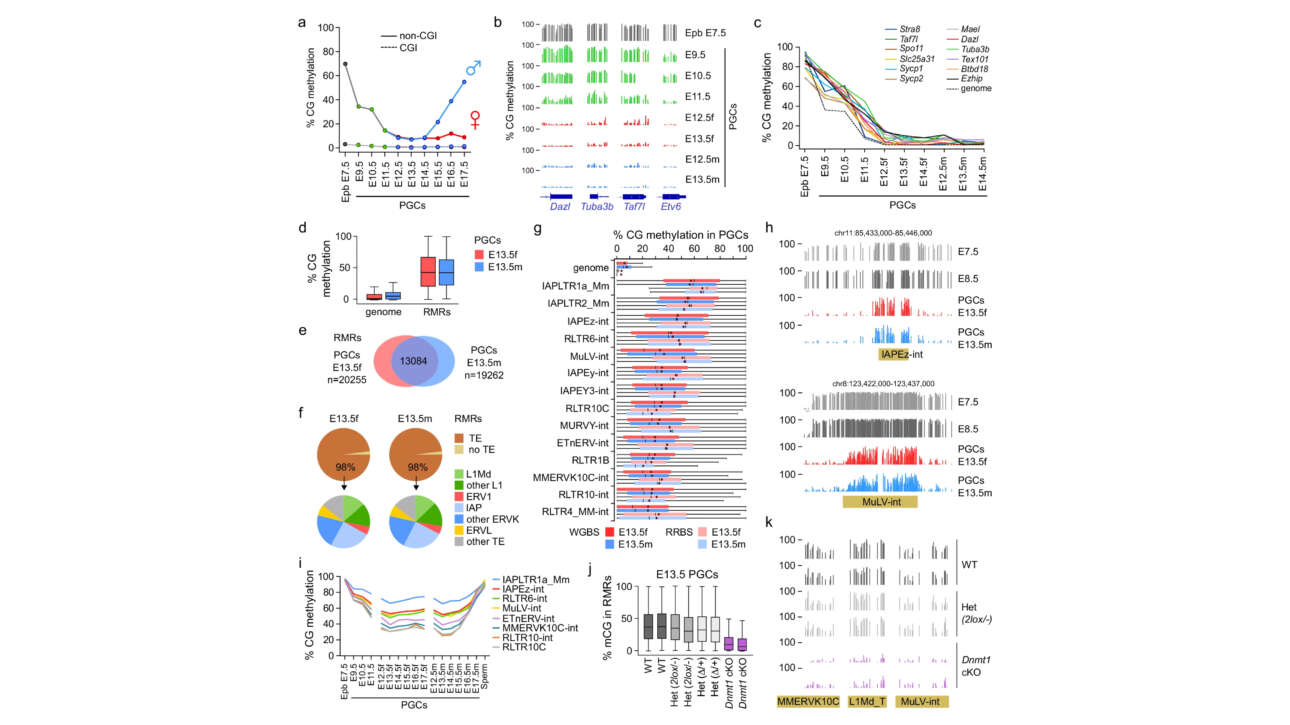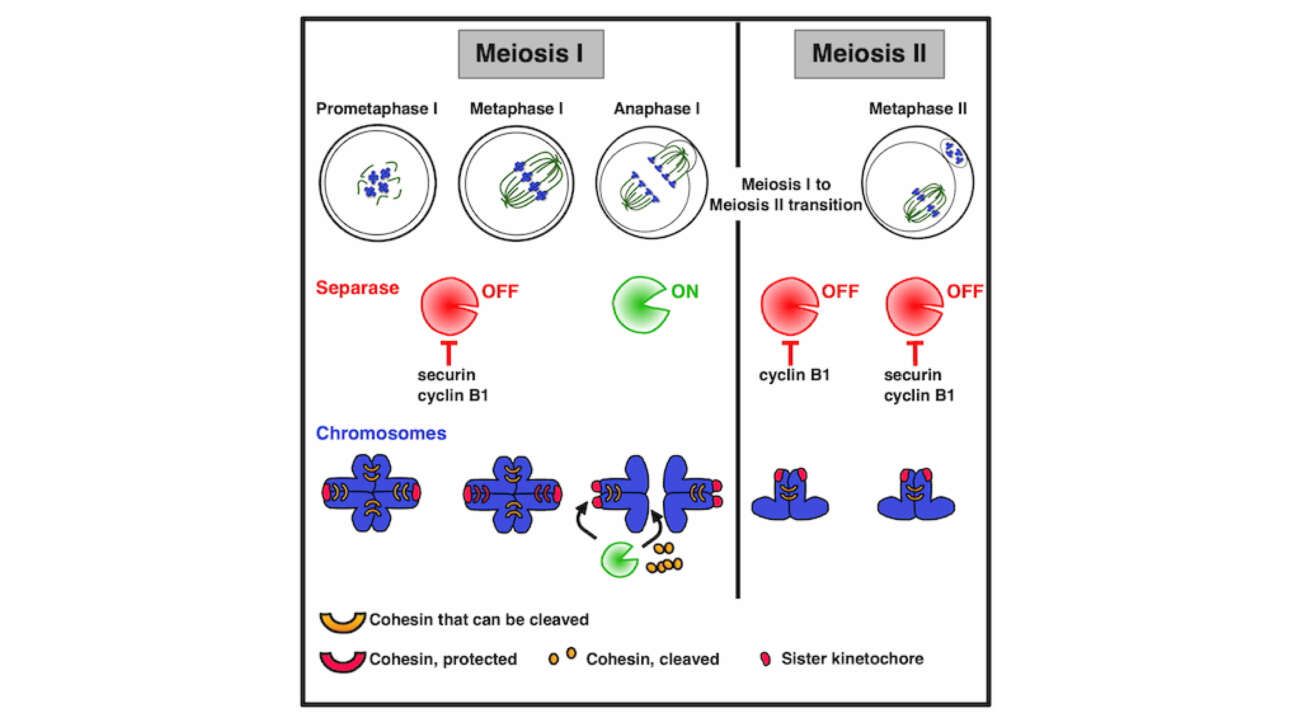The Raote Lab contributed to the publication of a new article in Nature reviews molecular cell biology:
Towards a unified framework for the function of endoplasmic reticulum exit sites
Résumé:
Endoplasmic reticulum exit sites (ERES) are specialized, ribosome-free ER subdomains that serve as dynamic portals for COPII-mediated export of proteins from the ER. Beyond their role…
